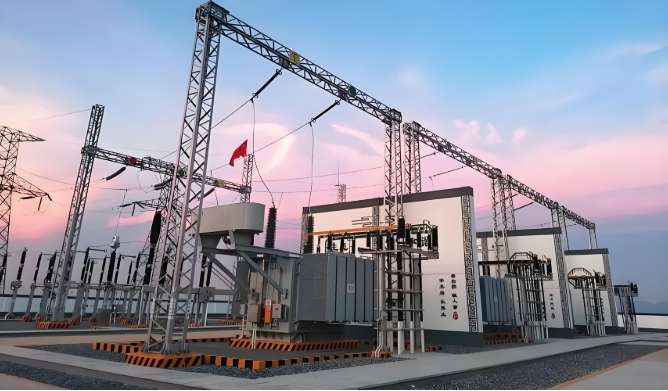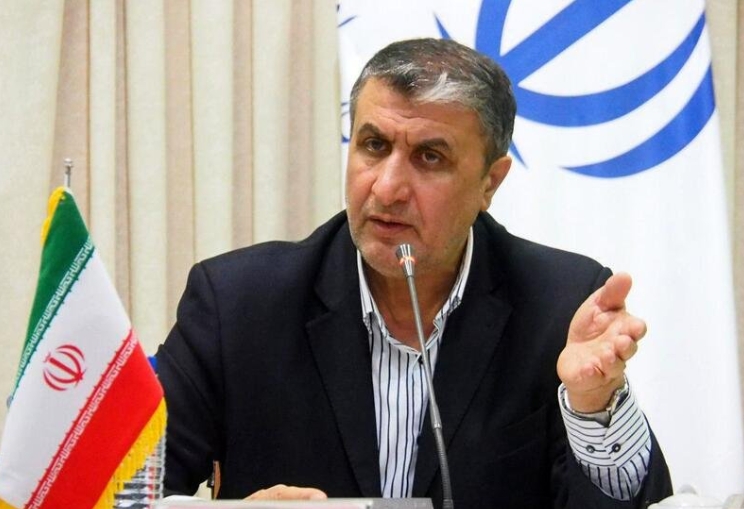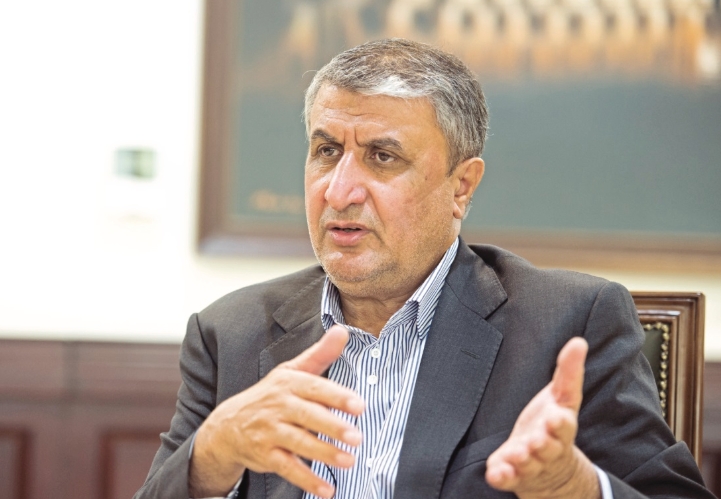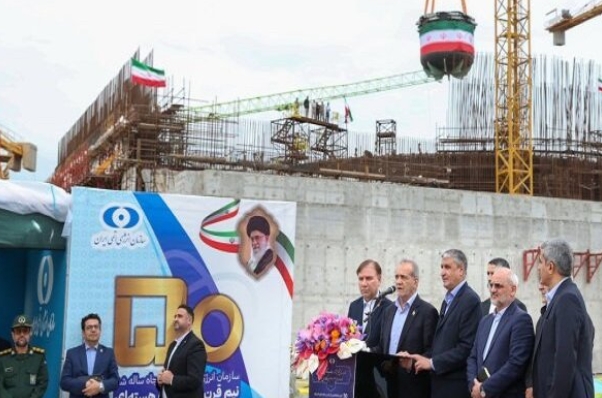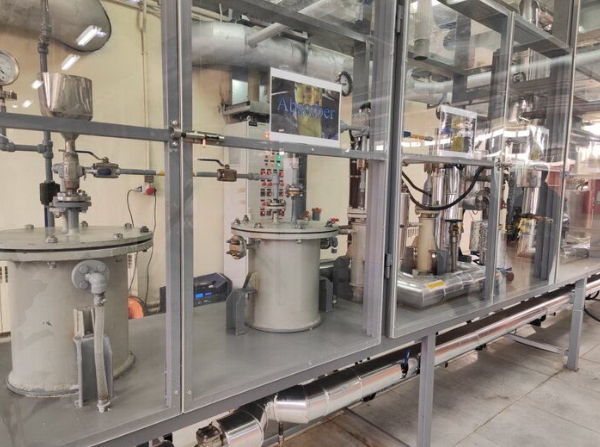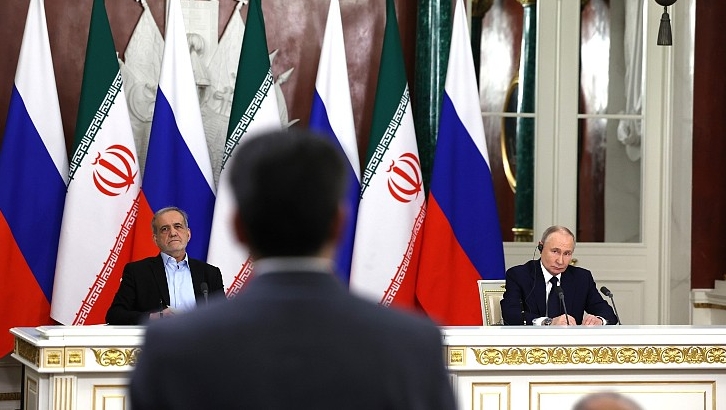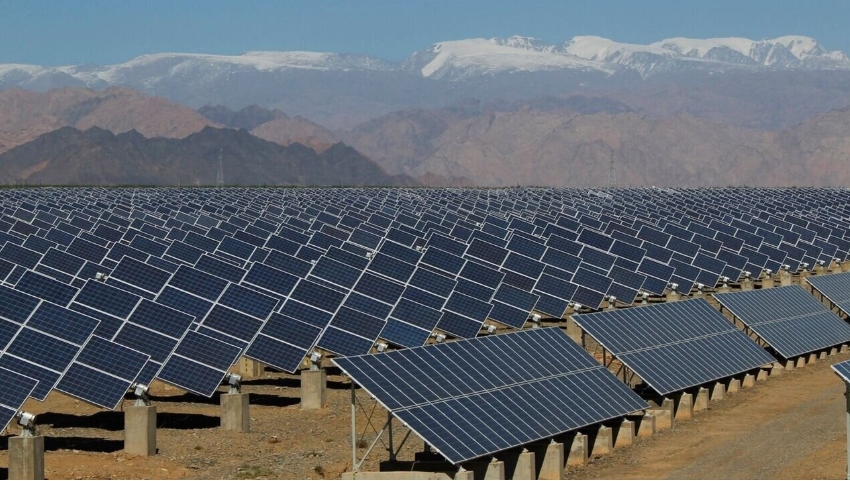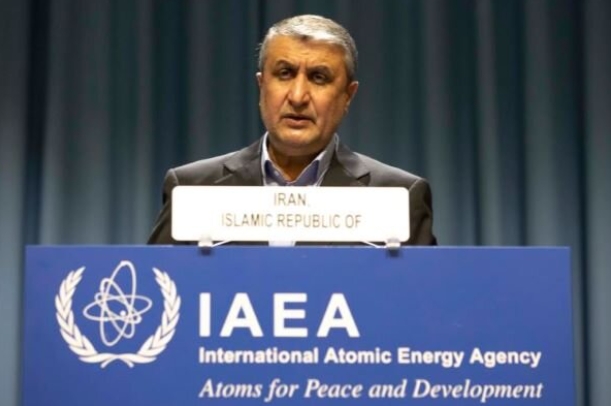As talks continue in Vienna on reactivation of the 2015 Joint Comprehensive Plan of Action (JCPOA) between Iran the P5+1 group of countries (the USA, UK, France, Russia, and China plus Germany), a quarterly report on Iran by International Atomic Energy Agency (IAEA) Director Rafael Grossi indicated that Iran is continuing to breach the enrichment limits set by the JCPOA, under which Iran agreed to limit its nuclear development in return for the lifting of sanctions.
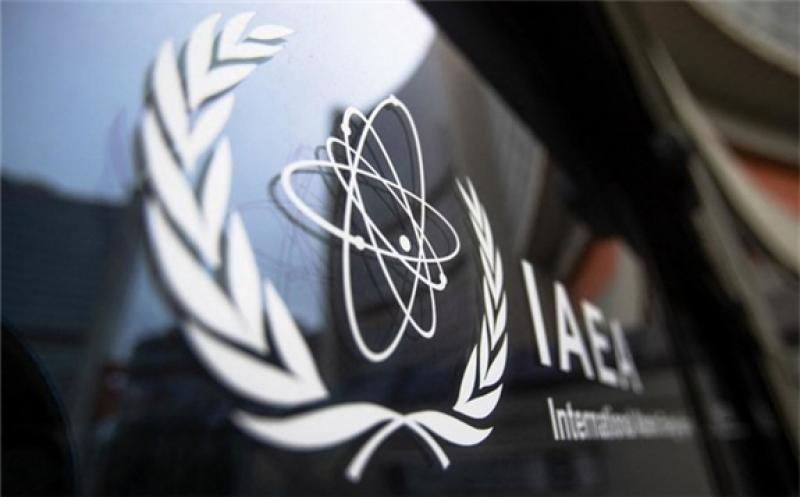
The report, presented to the IAEA Board on 31 May, revealed that Iran's stock of enriched uranium was estimated to be some 3,241 kg as of 22 May – some 16 times more than the 202.8 kg limit set by the JCPOA, which also capped enrichment at 3.67%. IAEA said uranium enriched up to 60% totals 2.4 kg, while that at 20% is currently estimated at 62.8 kg.
Grossi's report said the agency has "not had access to the data from its online enrichment monitors and electronic seals, or had access to the measurement recordings registered by its installed measurement devices" since 23 February. On another issue, IAEA said: “After many months, Iran has not provided the necessary explanation for the presence of the nuclear material particles at any of the three locations where the Agency has conducted complementary accesses (inspections)". The agency is "deeply concerned" over the findings, Grossi stated adding that technical discussions "have not yielded the expected results". He called on the Republic to clarify the outstanding issues as soon as possible.
Iran’s permanent representative to Vienna-based international organizations, Kazem Gharibabadi on 1 June that the IAEA recent report had verified implementation legislation passed by Iran’s parliamentary demanding continued nuclear development. He stressed that Iran’s actions were in line with the implementation of the law officially named “Strategic action to lift sanctions and protect the rights of the Iranian people”.
Iran began to gradually roll back on the restrictions imposed by the JCPOA after former US President Donald Trump withdrew from the deal and reimposed sanctions in 2018. US President Joe Biden is seeking to reinstate the JCPOA, and indirect talks began in April. However, Iran is continuing to insist that sanctions must be lifted before it will reimpose limitations on its nuclear development programme.
Stringent IAEA monitoring of Iran’s nuclear activities had continued until February, when the law adopted by the Iranian parliament at the end of 2020 came into force. The law had instructed the Atomic Energy Agency of Iran (AEOI) to increase uranium enrichment activities and stipulated that Iran should suspend its voluntary implementation of the Additional Protocol, which allowed regular intrusive inspections of its facilities by IAEA.
In February, Grossi visited Iran and secured a temporary agreement to allow continued IAEA access to Iran’s nuclear activities, despite the new law coming into effect, so that diplomatic negotiations on the wider issues could continue. A temporary bilateral technical understanding was reached whereby the IAEA would continue essential verification and monitoring activities for up to three months. Grossi managed to get this extended for a further month in late May.
Talks on the JCPOA are continuing despite the latest IAEA report but time is short with Iranian elections scheduled for 18 June, which could result in a more hardline government.
On 2 June, a meeting of foreign ministers from the BRICS states (Brazil, Russia, China, India and South Africa) called for peaceful solution to Iran nuclear issue. "The foreign ministers stressed the need to resolve the Iranian nuclear issue through peaceful, diplomatic and international law, and called for the full implementation of Security Council Resolution 2231," the statement read. UN Security Council Resolution 2231 endorsed the JCPOA setting out an inspection process and schedule while also preparing for the removal of sanctions against Iran. The BRICS members also welcomed the latest extension of the technical understanding between Iran and the IAEA.
